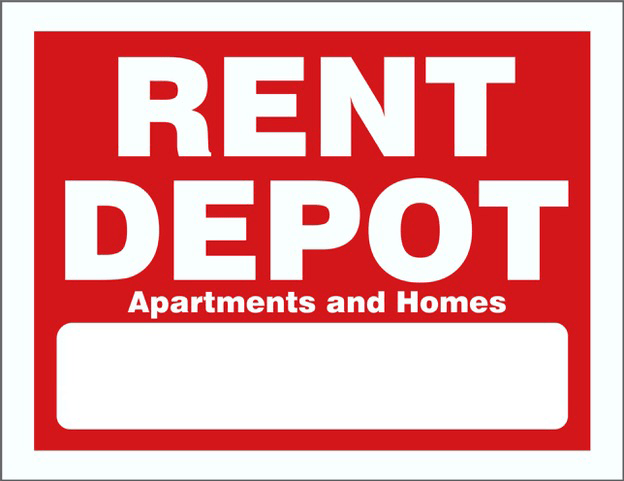A well-drafted lease agreement is the bedrock of a successful landlord-tenant relationship. Not only does it set clear expectations for both parties, but it also offers legal protection should disputes arise. While every lease is unique, certain clauses are essential to ensure the smooth operation of the rental agreement. Here are some key clauses every landlord should be familiar with:
1. Rent Payment Details
- Amount and Due Date: Clearly specify the monthly rent amount and the due date.
- Late Fees: Define any penalties for late payments, ensuring they are reasonable and in line with local regulations.
2. Security Deposit
- Deposit Amount: State the required security deposit and conditions for its return.
- Deductions: Outline circumstances under which deductions can be made, such as unpaid rent or property damage.
3. Maintenance and Repairs
- Tenant Responsibilities: Specify tasks the tenant is responsible for, like changing light bulbs or maintaining the lawn.
- Landlord Responsibilities: Detail larger maintenance tasks that fall to the landlord, such as roof repairs or plumbing issues.
4. Duration and Termination
- Lease Term: Indicate whether it's a month-to-month lease or a fixed-term agreement.
- Termination Notice: Define the notice period required for both parties to end the agreement.
5. Pet Policy
- Allowed Pets: Specify types and sizes of pets allowed, if any.
- Pet Deposits or Fees: If applicable, detail any additional fees or deposits required for pets.
6. Guest and Subletting Policy
- Guest Duration: Define how long guests can stay without requiring landlord notification.
- Subletting Rules: State whether subletting is allowed and under what conditions.
7. Renewal and Rent Increase
- Renewal Terms: Detail the process for lease renewal, if applicable.
- Rent Increase: Outline conditions under which rent can be increased, ensuring it adheres to local laws.
8. Default and Remedies
- Default Conditions: Specify conditions that would lead to the tenant being in default, such as consistent late payments.
- Remedies: Describe the actions the landlord can take if the tenant defaults.
9. Restrictions
- Behavior: Prohibit activities that could disturb neighbors, damage property, or increase insurance premiums.
- Alterations: Define the extent to which tenants can make alterations to the property.
10. Dispute Resolution
- Mediation or Arbitration: Should disputes arise, state the preferred method of resolution, whether it's mediation, arbitration, or court proceedings.
Conclusion
A comprehensive lease agreement is essential for both landlords and tenants. It offers clarity, sets expectations, and provides legal safeguards. By ensuring that your lease includes these key clauses, you'll be well on your way to fostering a positive, long-lasting relationship with your tenants.

